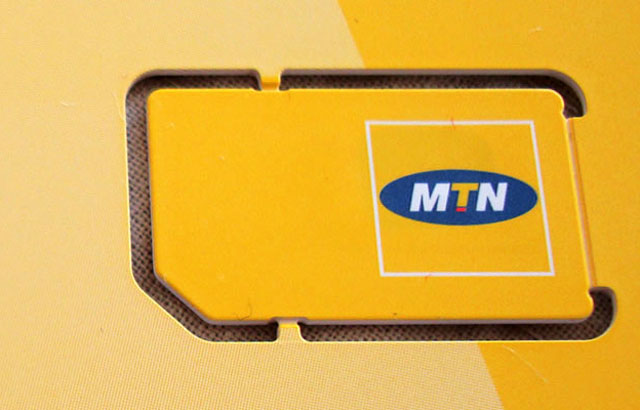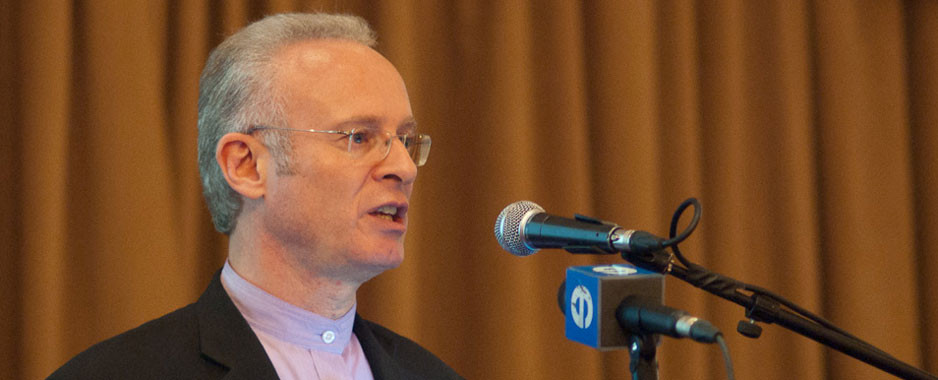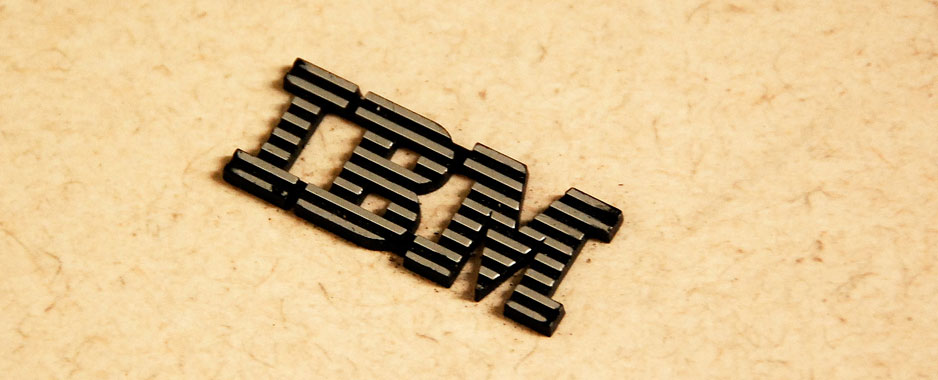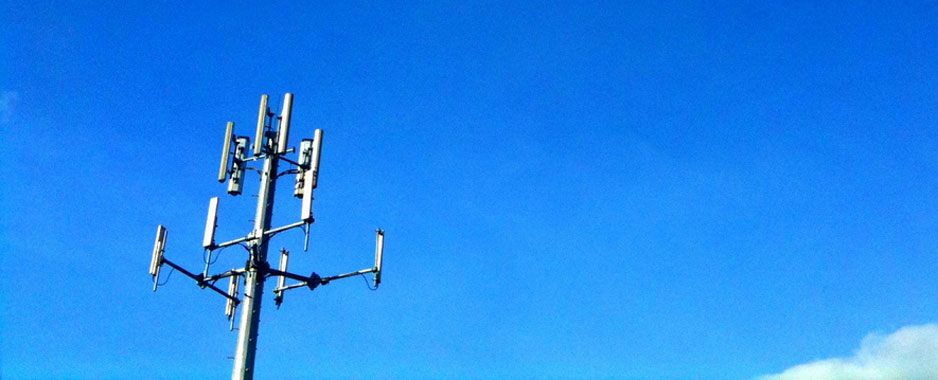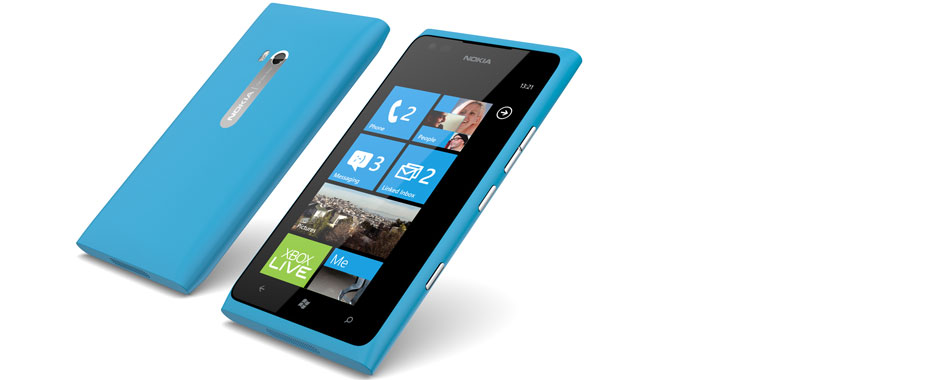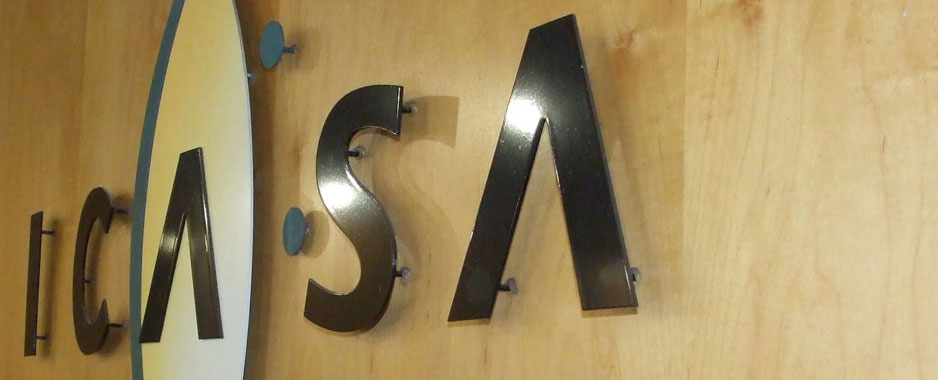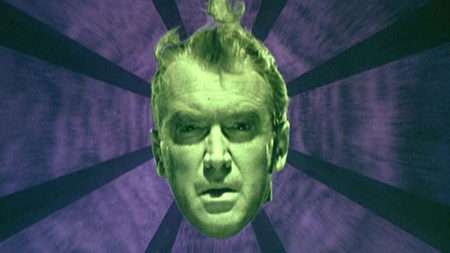German-based media streaming company Simfy is set to launch a local offering of its music streaming service before the end of the month. Simfy Africa will have more than 18m tracks available for streaming and has secured licensing deals with all of the big international record labels, including Sony Music
Last week Republicans seized on news that David Plouffe, a senior advisor in the White House, had accepted $100 000 from a subsidiary of MTN for two speeches he gave in Nigeria shortly before joining the White House staff in 2010. “Today’s story raises serious questions about [US President] Barack Obama’s senior
Although Nokia and BlackBerry are slipping in developed markets, both brands continue to be wildly successful in SA. This is according to a market research report released this week by World Wide Worx. The research shows Nokia remains the most popular cellphone brand among SA’s urban residents
IBM is opening its first research laboratory on the African continent and has chosen Kenya, and not SA, as the location for the facility. IBM Research labs are credited with the creation of many of the foundations of information technology, including the invention of the relational database, disk storage
Another senior SA telecommunications executive, recruited recently to Nigeria’s Glo Mobile, has resigned. Richard Morse, who was appointed three months ago to head up strategy and innovation at Glo, says he left as a result of the way the company is being managed. Glo is Nigeria’s second biggest
Computer maker Lenovo has its sights set on Africa, and it’s not just the PC market in which it wants to compete more aggressively. The company is set to release a dual-Sim, low-cost smartphone in SA before the end of the year, a move that could annoy operators while delighting consumers
Nashua Mobile has extended its flat-rate “Xtreme Data” service to more Nokia devices, including Windows Phone Lumia devices, the company said on Monday. It first launched the flat-rate plans on the Nokia C3, X2-01, E5, E7 and N8, later making them available on the Asha 300, 303 and 201. Billed as an
The Mophie range of iPhone cases are designed to offer both protection and additional battery power. Designed for the iPhone 4 and 4S, the cases add a little weight but a great deal of power and are ideal for users on the run, campers, hikers, travellers, and anyone else who’s likely to spend an extended period
Despite requesting it, Telkom has still not formally received a copy of the written interim order by the Independent Communications Authority of SA’s (Icasa’s) complaints and compliance committee that caused a storm of controversy this week. On Wednesday, Telkom issued a media
By the heady standards of Alfred Hitchcock, his 1958 film Vertigo was a failure. It only just broke even at the box office at a time when the director’s films where raking in money. It received a lukewarm reception from the critics, who sniffed that it was “only a murder mystery” not worthy of two hours of screen time. Those same critics



